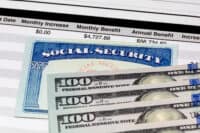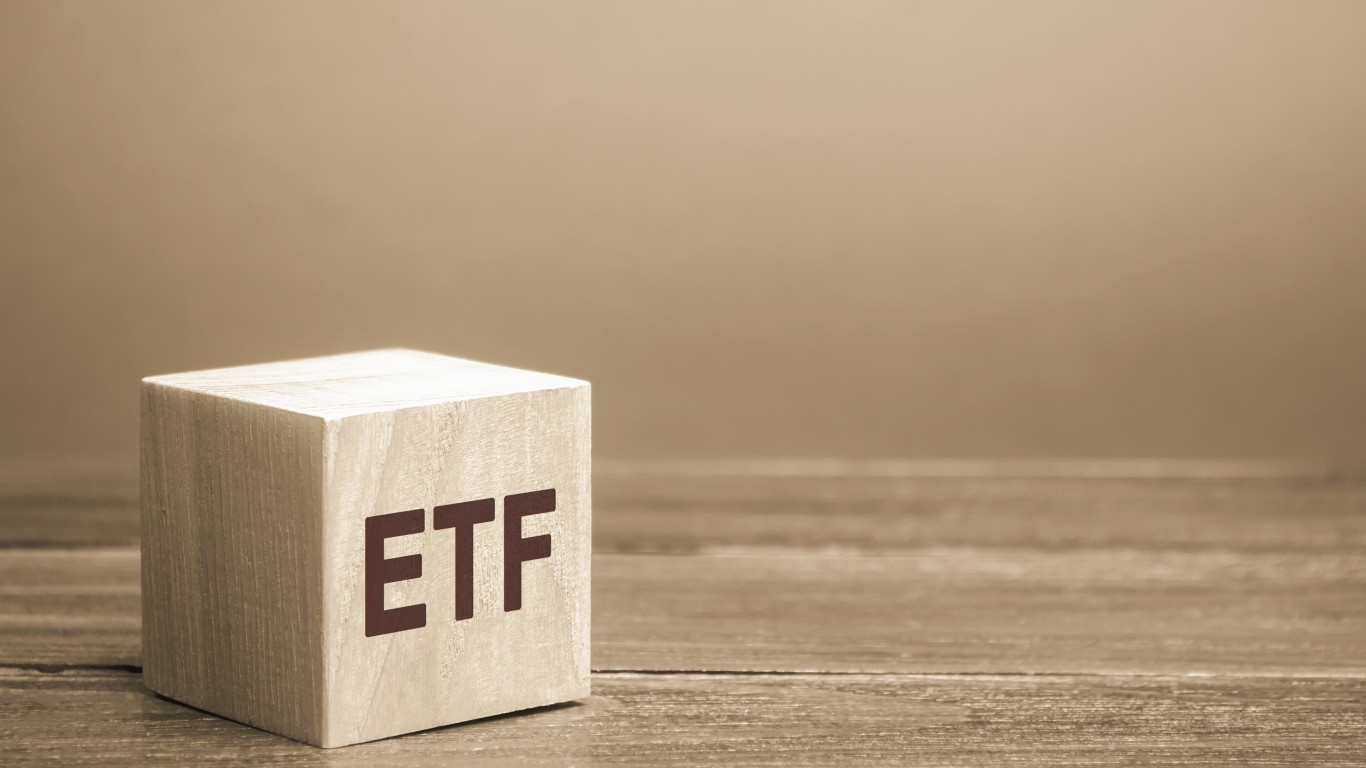 Twice a month, economists hold their collective breath as China PMI data are issued. One set of numbers comes from huge bank HSBC (NYSE: HBC) and the other from the People’s Republic itself. The fact that the numbers do not match each other, and that tiny moves can set off a panic, stands as a sign of how concerned experts are about a slowdown of the world’s second-largest economy by gross domestic product. What is not mentioned in most of these discussions is whether China can be near a recession even as it grows at a rate that is about 7% and manufacturing is no better than static.
Twice a month, economists hold their collective breath as China PMI data are issued. One set of numbers comes from huge bank HSBC (NYSE: HBC) and the other from the People’s Republic itself. The fact that the numbers do not match each other, and that tiny moves can set off a panic, stands as a sign of how concerned experts are about a slowdown of the world’s second-largest economy by gross domestic product. What is not mentioned in most of these discussions is whether China can be near a recession even as it grows at a rate that is about 7% and manufacturing is no better than static.
China’s government issued its own numbers today. The nation’s factory purchasing managers’ index dropped to 50.1 in July from 50.2 in June. The new number was an eight-month low. The HSBC China PMI figure was 49.3, a sign of contraction. One reason the figures do match, according to experts, is that the HSBC data measures smaller companies than the “official” number from the Chinese government does.
The difference between 50.1 and 50.2 is only a few hundredths of a percent on a relative basis. The way that the data is gathered by China has been described often as messy and inaccurate. The number can be revised at least once later. But the information continues to be gospel as China observers strain to make sense of the nation’s economic direction.
The direction, which does not require a close monthly reading of PMI, can hardly be more than flat. There is too much information that China’s export partners in Europe, the United Kingdom, United States and Japan are mostly near, if not in, recessions. Developing economies like Brazil, India and Russia, which may have slowed as well, cannot make up the difference. Among the three, their GDPs do not even match Japan’s.
China’s growth may slow, but almost all economists say it will not turn negative. Very few have adjusted their thinking about what a recession in China might be. In most of the world, the measure is two quarters of contraction. The entire Chinese economy and national financial policy have been built on growth of about 10% and have been for years. China’s PMI may show an economy at a tipping point. Actually, it has tipped over already.
Douglas A. McIntyre
The #1 Thing to Do Before You Claim Social Security (Sponsor)
Choosing the right (or wrong) time to claim Social Security can dramatically change your retirement. So, before making one of the biggest decisions of your financial life, it’s a smart idea to get an extra set of eyes on your complete financial situation.
A financial advisor can help you decide the right Social Security option for you and your family. Finding a qualified financial advisor doesn’t have to be hard. SmartAsset’s free tool matches you with up to three financial advisors who serve your area, and you can interview your advisor matches at no cost to decide which one is right for you.
Click here to match with up to 3 financial pros who would be excited to help you optimize your Social Security outcomes.
Have questions about retirement or personal finance? Email us at [email protected]!
By emailing your questions to 24/7 Wall St., you agree to have them published anonymously on a673b.bigscoots-temp.com.
By submitting your story, you understand and agree that we may use your story, or versions of it, in all media and platforms, including via third parties.
Thank you for reading! Have some feedback for us?
Contact the 24/7 Wall St. editorial team.



